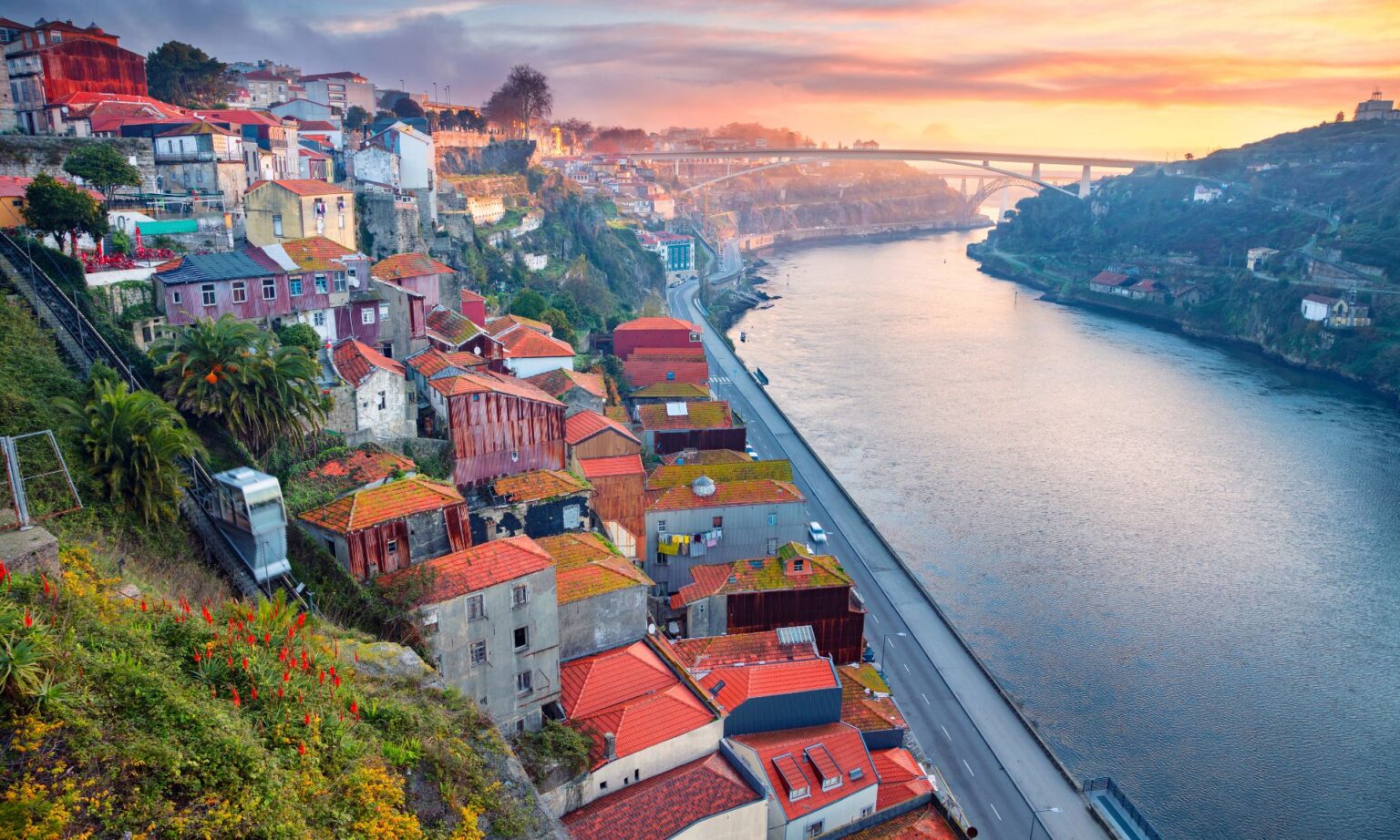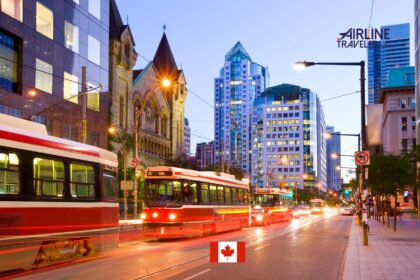Introduction
Portugal, a picturesque European destination renowned for its stunning landscapes, historic architecture, and vibrant culture, is increasingly becoming a popular choice for travelers. While Portugal is generally considered a safe destination, it’s essential for visitors to be aware of certain aspects to ensure a secure and enjoyable experience. In this article, we will delve into various aspects of safety in Portugal, providing you with everything you need to know before planning your visit.
Overall Safety:
Portugal is known for its friendly locals and welcoming atmosphere. Violent crime rates are relatively low compared to many other European countries, making it a safe destination for tourists. However, like any other travel destination, it’s crucial to exercise common sense and take basic precautions to ensure your safety.
Tourist Hotspots:

Popular tourist destinations in Portugal, such as Lisbon, Porto, and the Algarve region, are generally safe. These areas have a visible police presence, well-maintained infrastructure, and a bustling but secure environment. Nevertheless, crowded places are often targets for petty crimes like pickpocketing, so keep an eye on your belongings, especially in tourist-heavy areas.
Street Safety:
Portuguese cities are known for their narrow cobblestone streets and charming alleys. While these add to the country’s charm, they can be uneven and challenging to navigate. Exercise caution, especially if you have mobility issues, and wear comfortable, slip-resistant shoes. Be mindful of traffic when crossing streets and use designated crosswalks.
Public Transportation:
Public transportation in Portugal is generally safe and efficient. Trains and buses connect major cities, offering a convenient way to explore the country. However, keep an eye on your belongings, particularly in crowded spaces, and be cautious of pickpockets. Taxis are readily available and considered safe, but it’s advisable to use official taxi stands or reputable ride-sharing services.
Natural Hazards:
Portugal is not prone to major natural disasters, making it a safe destination in that regard. However, during the summer, forest fires are a concern in some regions, so stay informed about local conditions and follow any advisories. Additionally, if you plan to explore coastal areas, be aware of strong currents and follow safety guidelines at beaches.
Health and Medical Services:
Portugal has a well-developed healthcare system, with modern hospitals and medical facilities. EU citizens can use their European Health Insurance Card (EHIC), but it’s recommended for non-EU visitors to have travel insurance that covers medical expenses. Pharmacies are widespread and can provide over-the-counter medications for common ailments.
READ ALSO: Portugal Travel Guide on a Budget | Safety Tips & Money Saving
Cultural Sensitivity:
Respecting local customs and traditions is crucial for a positive travel experience. While Portugal is generally an open-minded and tolerant society, it’s important to be culturally sensitive. Dress modestly when visiting religious sites, follow local customs, and be mindful of your behavior in public spaces.
Portugal offers a delightful blend of history, culture, and natural beauty, making it an attractive destination for travelers. By staying informed and taking basic precautions, you can ensure a safe and enjoyable visit to this charming country. Whether exploring historic cities, lounging on beautiful beaches, or savoring delicious cuisine, Portugal welcomes visitors with open arms and a commitment to their well-being.
Frequently Asked Questions
Q: Is Portugal a safe country to visit?
A: Yes, Portugal is generally considered a safe destination for travelers. Violent crime rates are low, and the country is known for its friendly locals and welcoming atmosphere.
Q: What safety precautions should I take in crowded tourist areas?
A: While tourist hotspots like Lisbon, Porto, and the Algarve are generally safe, be cautious of pickpocketing in crowded areas. Keep an eye on your belongings and use anti-theft measures such as money belts or secure backpacks.
Q: Are Portuguese cities safe for walking at night?
A: In general, Portuguese cities are safe for walking at night, especially in well-lit and tourist-friendly areas. However, it’s advisable to stay in well-populated areas and use reliable transportation if needed.
Q: How is public transportation in Portugal?
A: Public transportation in Portugal is efficient and safe. Trains and buses connect major cities, and taxis are readily available. Exercise caution in crowded spaces to prevent pickpocketing.
Q: What should I be aware of regarding natural hazards in Portugal?
A: Portugal is not prone to major natural disasters, but during the summer, forest fires can occur in some regions. Stay informed about local conditions, and follow any advisories. Additionally, be cautious of strong currents if visiting coastal areas.
Q: Is travel insurance necessary for a trip to Portugal?
A: While EU citizens can use the European Health Insurance Card (EHIC), it’s recommended for non-EU visitors to have travel insurance that covers medical expenses. Travel insurance can also provide coverage for trip cancellations, lost luggage, and other unforeseen circumstances.
Q: Are there cultural norms I should be aware of when visiting Portugal?
A: While Portugal is generally open-minded and tolerant, it’s important to be culturally sensitive. Dress modestly when visiting religious sites, follow local customs, and be respectful in public spaces.
Q: How is the healthcare system in Portugal?
A: Portugal has a well-developed healthcare system with modern hospitals and medical facilities. EU citizens can use the EHIC, but non-EU visitors should consider travel insurance to cover medical expenses.
Q: Are there any specific safety concerns for solo female travelers?
A: Portugal is generally safe for solo female travelers. Exercise the same caution you would in any other destination, such as avoiding poorly lit areas at night and being aware of your surroundings. It’s advisable to have a local SIM card or portable Wi-Fi for easy communication.
Q: What is the emergency number in Portugal?
A: The emergency number in Portugal is 112, and it can be dialed for police, medical, and fire emergencies. It’s advisable to save this number and be familiar with basic Portuguese phrases for seeking help if needed.
Conclusion
In conclusion, Portugal stands out as a captivating and generally safe destination for travelers. With its rich history, stunning landscapes, and welcoming locals, the country offers a diverse range of experiences. By taking basic safety precautions, such as being vigilant in crowded areas and respecting local customs, visitors can enjoy all that Portugal has to offer.
The low violent crime rates, well-developed healthcare system, and efficient public transportation contribute to the overall positive travel experience. Whether you’re exploring the historic streets of Lisbon, relaxing on the beautiful beaches of the Algarve, or savoring the local cuisine, Portugal provides a memorable and enjoyable journey.
As with any travel destination, staying informed about local conditions, being mindful of natural hazards, and having appropriate travel insurance are important considerations. By doing so, you can ensure a safe and fulfilling visit to this enchanting European gem. So, pack your bags, embrace the warmth of Portuguese hospitality, and get ready for an unforgettable adventure in the heart of Iberia.
In another related article, Top 5 Must-Visit Destinations In Portugal






